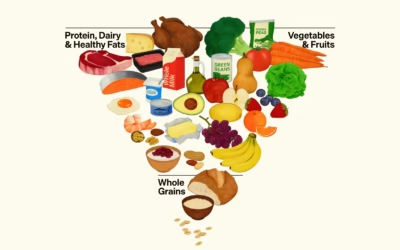Make Learning Fun!
Using beautiful picture books with engaging stories, you’ll teach your child about history, science, math, geography, and so much more.
Hands-on activities, games that inspire imaginative play, building, cooking, doing! That’s what learning with all your senses is all about.
The Best Way To Homeschool
Bringing Learning to Life
Our lessons show you how to engage your child’s senses so they do more than learn, they experience.
Engaging and Fun
You’ll use videos and other online tools to take what you are learning deeper. A wide range of topics to explore and adventures to be had are right at your fingertips.
Based on How Children Learn
Our programs work with your child and their natural curiosity about the world. Your child will learn with all five of their senses with playful games, activities, and hands-on experiences designed to create a deep understanding of the material.
Levels, NOT Grades
Every child deserves to be met where they are. Our programs are not based on age or grade level. They are based, instead, on skill level. We offer programs designed to work for a range of ages so that every child can find the right fit.
Fully Integrated to Teach ... well, Everything!
Every program covers social studies, history, science, art, health, language arts, and math. You don’t need a whole stack of lesson plans. We’ve got you covered so you don’t have to spend your whole day jumping from subject to subject.
Hands-on and Adaptable
Instead of focusing on reading and writing, we’ve built a program that includes hands-on activities, watching videos and engaging in discussions. We’ve included guides on how to adapt activities to your child’s own unique learning style and pace.
Easy To Use
Our programs are designed to fit naturally into your day. Each all-inclusive program requires little to no transition between subjects. And the supply list for each lesson is clear, upfront and includes simple things you have around the house.
Starting The Big Conversations Early
We give you the prompts to have age-appropriate conversations with your child about tough subjects like inclusivity, social justice, discrimination, and kindness. Talking about these things with your child now lays the foundation for the strong, compassionate person they will become.
Meet Laura
Kind Regards,
Laura
Laura Sowdon, OTR/L
Our Blog
Let them be Little
I feel one of the biggest mistakes our society is making is that we are continuing to raise the expectations of children higher and higher. It isn’t healthy.
Game Schooling: Codenames, A Game for Visual Scanning
Too often when a kid shows signs of a learning disability, we jump into focusing on how to work on that specific skill.
Critical Thinking: Where to Start
One of my goals as a homeschool teacher, has been to make sure my kids were capable of critical thinking. So how do we encourage critical thinking at different ages?
Reading and Brain Development
What is the normal age a child learns to read? How should a homeschooled child approach reading? Let’s talk about what is actually developmentally appropriate, instead of what the schools are doing.
Black History Month: Free Lesson on Dave the Potter
In honor of Black History Month, we are giving away two different lesson plans about David Drake, who was known as Dave the Potter.
The New Food Pyramid: Can You Teach With It?
The FDA just came out with a new food pyramid, except it isn’t really a pyramid anymore. But hey, if it helps us all eat healthier, it is a good thing, right?
Understanding Ultra Processed Foods: For the Home Cook
Recently, a study has come out and said that “ultra processed foods are linked to cancer.” Does this mean you have to cook everything yourself?
Which Kid Got the Best Homeschool Education?
My mother asked me this question last week, and I’ve gotta say, it threw me for a loop. But I really sat down and thought about it and I have an answer.
2025 Year End Review
Taking a look back and setting goals for the coming year.






















